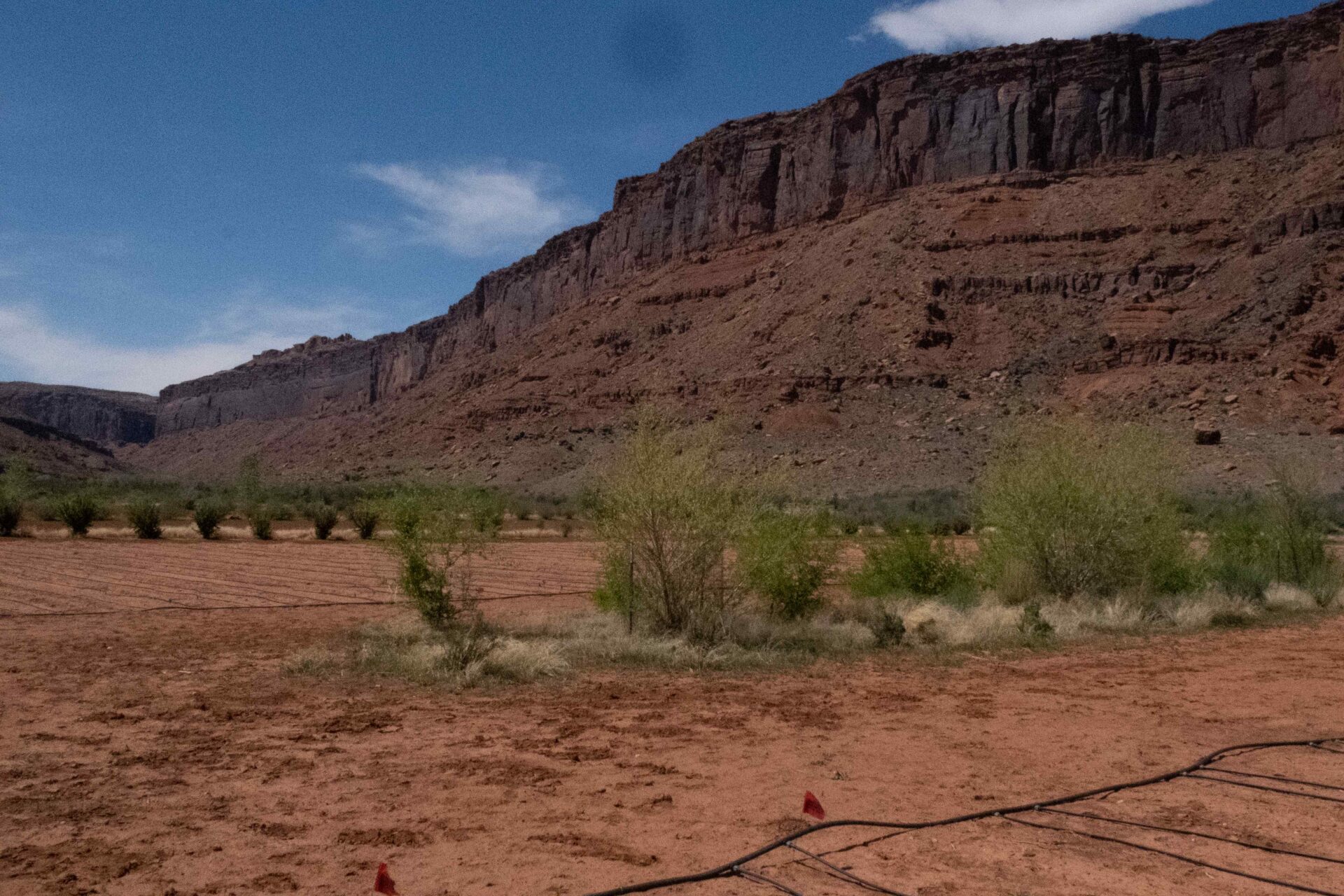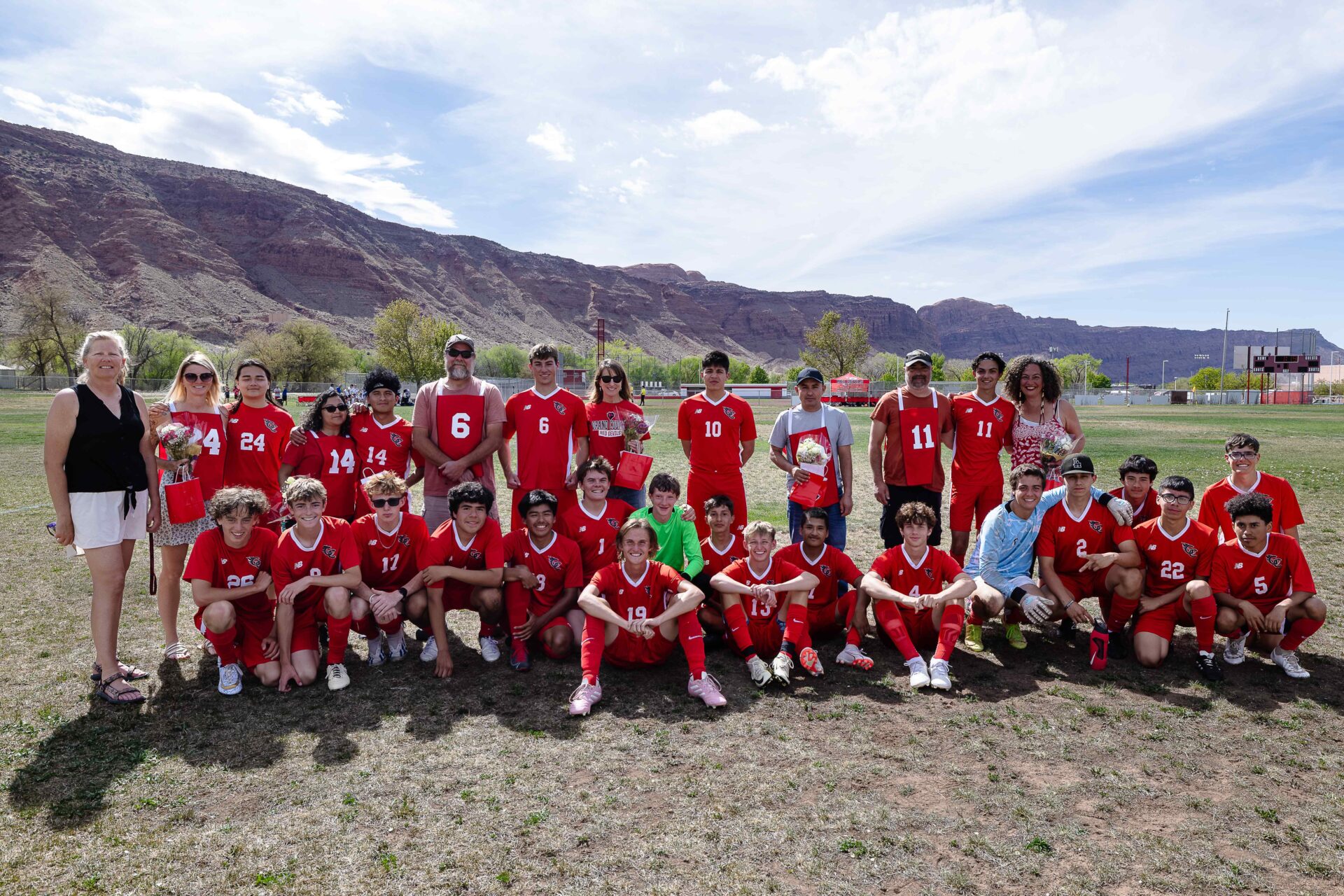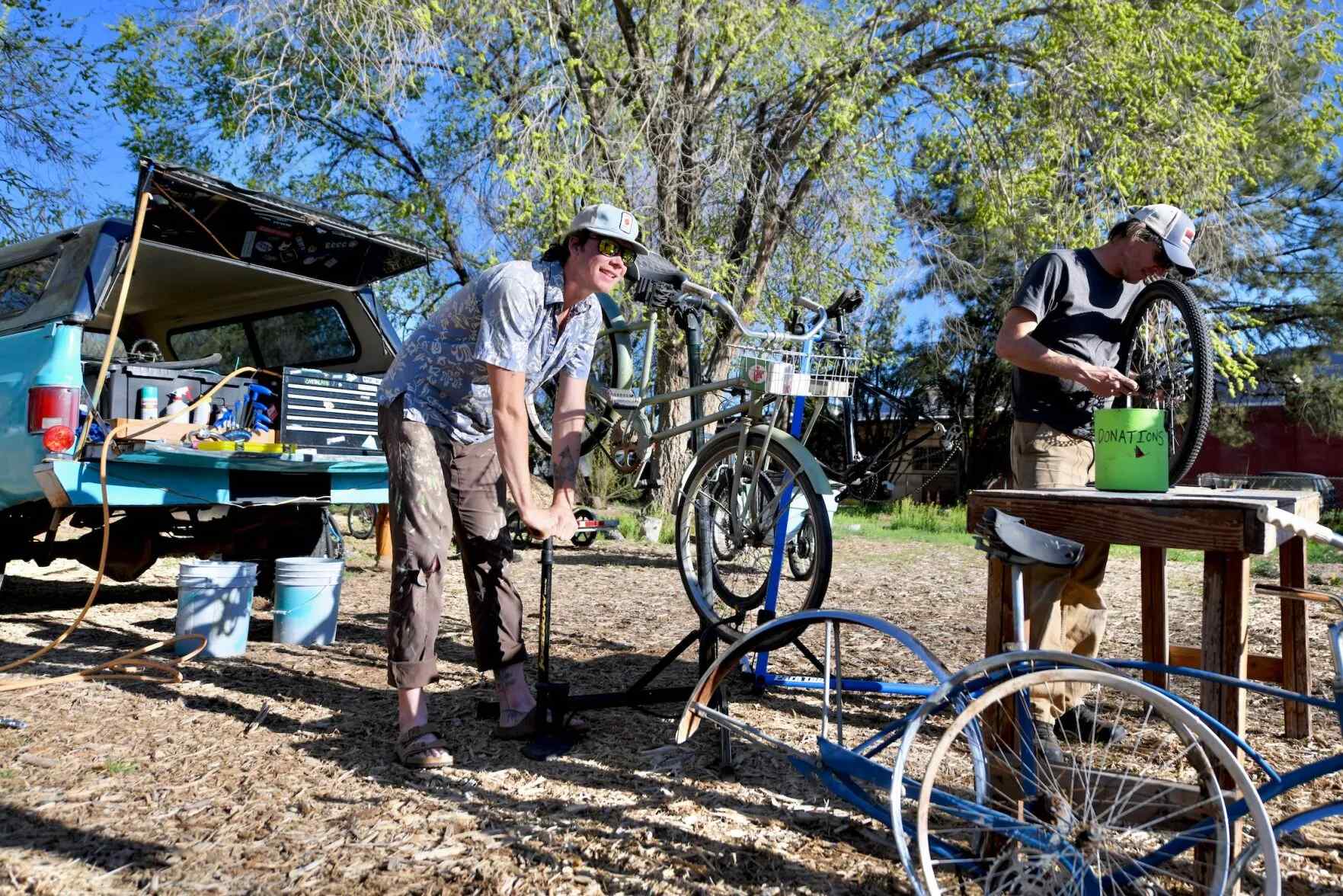The authors will discuss their work at Back of Beyond Books on Oct. 20
On October 20, Back of Beyond Books will host two Utah-based authors for a conversation about their latest books. Event organizer Shari Zollinger said that the authors’ connection to Utah gives their work a familiar feel.
“They both pay attention to landscape, place and history,” Zollinger said.
Karin Anderson will discuss her novel “What Falls Away,” which is set in rural Utah; Caron will discuss her book “Call Up the Waters,” a collection of ten stories featuring characters with conflicting and meaningful relationships to the landscape.
The Moab Sun News caught up with both authors and asked them a few questions about the upcoming event.
Moab Sun News: Give a brief bird’s eye view of your place in the world right now (thoughts, location, professional career).
Anderson: I’ve lived my life with the Wasatch and Lone Peak ranges dominating my view, internalizing a bittersweet sense of mortal brevity set against geological time. I have always viewed myself as a writer, but genuine, self-realized output has needed to wait until the demands of a paycheck career and parenting diminished. I value my professional history and accomplishments, but not quite two years into retirement I’m surprised at how quickly I’ve been released into a simpler view of selfness. So, I write aware of how time transforms (and then erases) us – which mostly means that I see my writing as an agnostic form of witnessing. For me, writing is a record of what it means to be human, day to day, in the moments that bewilder, engross, and absorb us.
Caron: I’m in Logan, Utah, the valley between the Bear River Range and the Wellsville Mountains, and I teach fiction writing and literature at Utah State University.
MSN: What lights you up right now?
Anderson: What lights me up: garden dirt, rich conversation, surprising personal stories, power tools, spring and autumn sunlight, words that suddenly (finally!) come together on the page or screen, an exquisite sentence. Peculiar words. Good boots (my actual size, hard to find), Idaho rivers, stark geographies, local dialects. Long friendships. A whole day to cook. Time with the spawns [her children] – just one or the whole crew.
Caron: Long walks in the mountains with friends. Long walks in the mountains alone. Long phone conversations with friends. Long dinners. And writing, of course–wrestling with words on the page long enough and with enough attention that a sentence starts to take shape, and then a paragraph, and then, if I’m really lucky, a character will start to emerge. It always feels like magic when this happens, but I know it’s more about resisting the noise of other things, giving attention to the words, trusting in this process.
Sun: Why do we gather? In your opinion, what is the art of gathering?
Anderson: Internet or not, remote communications or not, busy professions or not, family intimacy or not, we live deeply inside our own minds and sensations. It’s remarkably difficult to escape our own subjectivities, which may be why I needed almost five decades of paying attention to other lives and views before attempting to write fiction. We need meaningful access to each other’s sensuous and emotional lives. It’s fun to gather, because we’re communal creatures, but right now at a murderous human brink it’s also a crucial and often difficult act of mutual salvation. We need to read each other’s expressions. We have to take in authentic presences, learn (again, and again) to listen, to speak articulately and more generously, move in certain unisons, value genuine difference, cherish our moments of authentic reach. I likely sound a little preachy or professor-ish here, but I don’t believe there is any other way beyond the fraught historical pitch we’re approaching, alone yet very much together.
Caron: I count myself extremely lucky that I get to gather with students many hours a week to talk about great stories, and one of the things I value most about these conversations is how willing my students are to resist easy categorization of characters. Sitting in a circle, our armor off, undefended, talking about the story in front of us, we start to realize that simple binaries of good/bad, right/wrong just don’t work. We might disagree with a decision a character makes or an action they’ve taken, but it’s impossible to dismiss them. We know too much about them. We’ve seen their struggles, their wounds, their joy, their concerns. They demand of us that we go further—that we wrestle with complexity, sit with discomfort, and embrace nuance. Maybe all we’re really doing in these moments is practicing for other kinds of gathering, in other contexts, not with characters but with humans.
Hear more from Anderson and Caron at Back of Beyond Books at 7 p.m. More information can be found at backofbeyondbooks.com.




